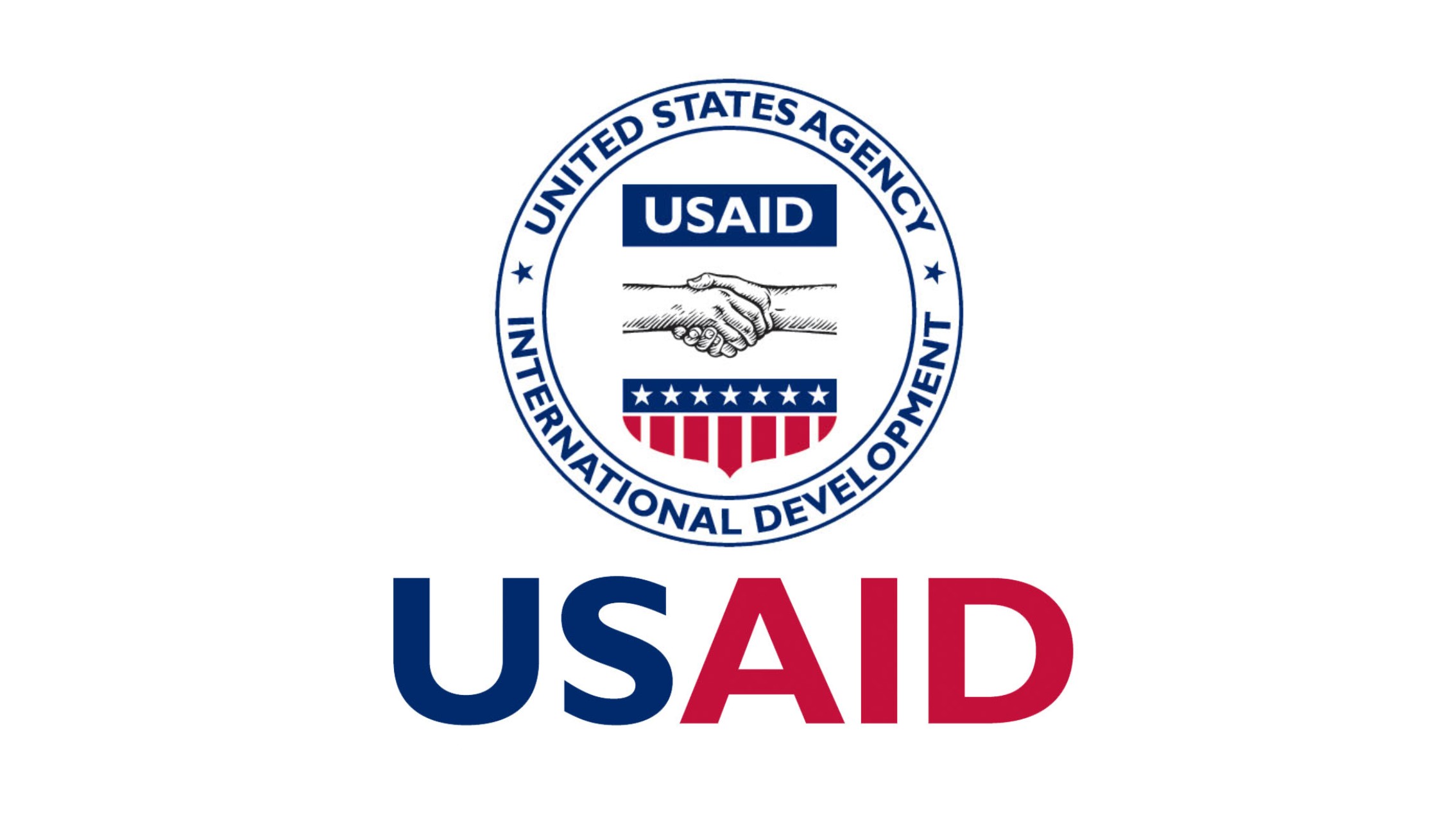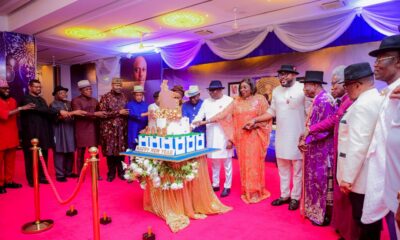Business
ITF Amendment Bill Scales Second Reading
A Bill to amend the Industrial Training Fund ( ITF) Act of 1971, last Thursday in Abuja passed the second reading at the House of Representatives.
The bill also seeks to empower the fund to design, set up and operate guidelines for training and certification.
According to the bill, the training and certification will be done at the states, local governments and the ward levels.
It seeks to establish area registries for maintaining up-to-date registration of certified artisans and technicians in all fields and in all parts of the federation.
Leading debate on the general principles of the bill, Rep. Chudi Uwazurike said the proposed legislation was to expand the scope of manpower by paying attention to entrepreneurship.
He said the bill would also set standards for artisans and technicians.
The lawmaker urged members to support the bill to empower artisans and technicians to develop the economy.
Supporting the debate, Rep. Chris Azubogu said that the bill’s importance could not be over emphasised.
He said it was imperative to standardise the way artisans carried out their activities, to help create manpower and reduce unemployment in the country.
Contributing, Rep. Chris Etta said it would assist “in creating calculated economic improvement”.
Also contributing, Rep.Aminu Shagari said the law was a good one, adding that it would give the teeming youths the opportunity to grow and be self reliant.
However, the bill received strong opposition from some members who felt it would be a duplication of the functions of what some government agencies were empowered to do.
Rep. Aisha Ahmed cited the National Directorate of Employment (NDE) as an agency that organised training programmes like carpentry and others for youths.
Also opposing it, Rep. Shehu Garba said the amendment sought should be an intervention and not to set standards for artisans and technicians.
He suggested that the bill should be an intervention “and not to encroach on roles already carried by existing agencies’’.
Notwithstanding the opposition, the bill scaled through to second reading when put to vote by the Deputy Speaker, Rep. Emeka Ihedioha.
Ihedioha, therefore, referred it to the Committee on Industry for more in puts.
The house also passed for second reading, a bill to amend the Companies and Allied Matters Act of 2004.
The bill seeks to make an upward review of penalties prescribed for foreign companies doing illegal business in Nigeria and non-compliance with the provisions of the act.
The house also passed for second reading, a bill to alter the Constitution of the Federal Republic of Nigeria 1999.
It seeks to vest appellate jurisdiction of Chieftaincy Matters on Sharia Court of Appeal and Customary Court of Appeal of a State.
Business
USAID Re-emphasizes Agricultural Collaboration With Nigeria

Business
Nigeria’ll Lead In Agricultural Export This Year – Tinubu

Business
NDLEA, NIMASA Strengthen Cooperation Against Drug Trafficking

-
News1 day ago
4 Professors, 2 SANs Unveil Book On FUBARAISM …Commend Rivers Gov’s Dev Strides
-

 Politics1 day ago
Politics1 day agoNASS Sets Date For 2025 Budget Passage
-

 News1 day ago
News1 day agoNothing’ll Stop Governance In Rivers, Fubara Assures …Says We Won’t Allow Anyone Take State For A Ride
-
Business1 day ago
Commissioner Blames Aging Infrastructure For TCN Woes
-
News1 day ago
Ikwerre Is Not Part Of Ndigbo, Group Warns
-
Sports1 day ago
Polo Players Storm Port Harcourt, Promise Exciting Experience
-
Niger Delta1 day ago
Association Boss Hails FG Over Pipeline Surveillance
-
Business1 day ago
SERAP Quizzes NNPCL Over N825bn, $2.5bn Refinery Repair Fund

